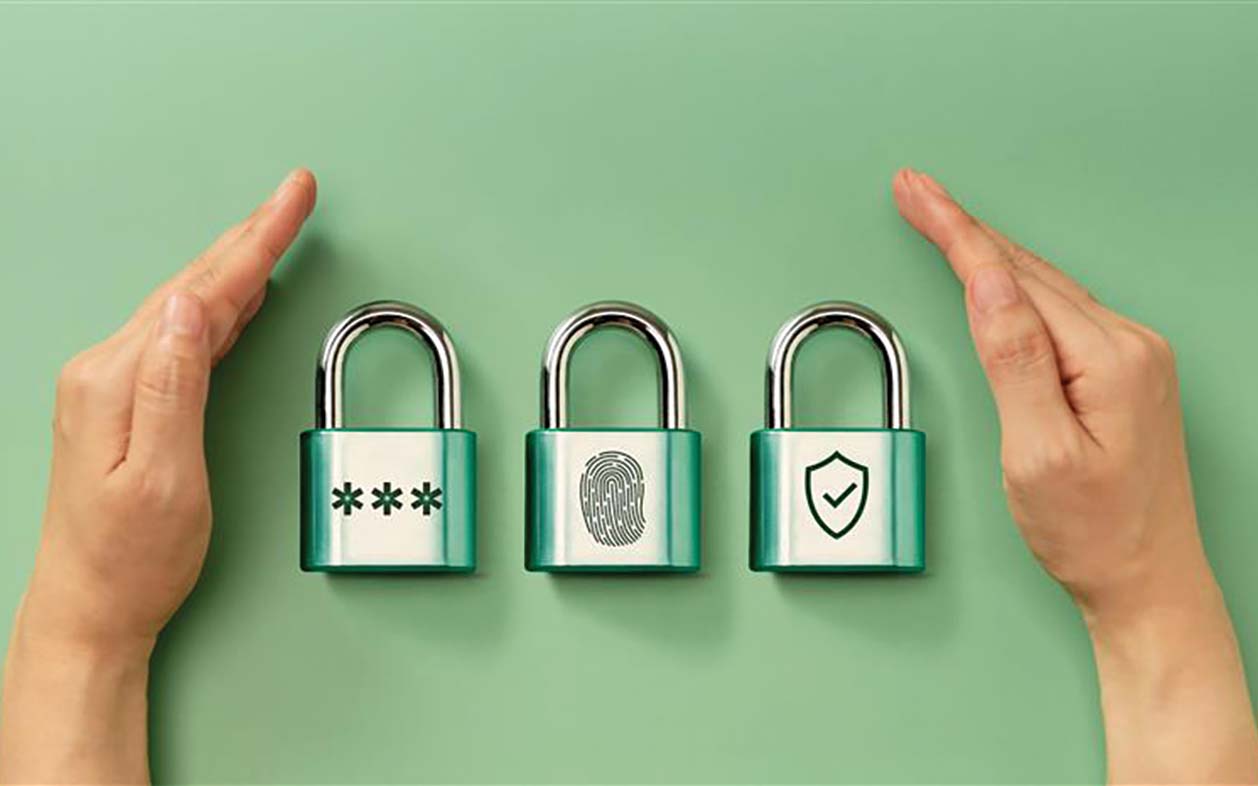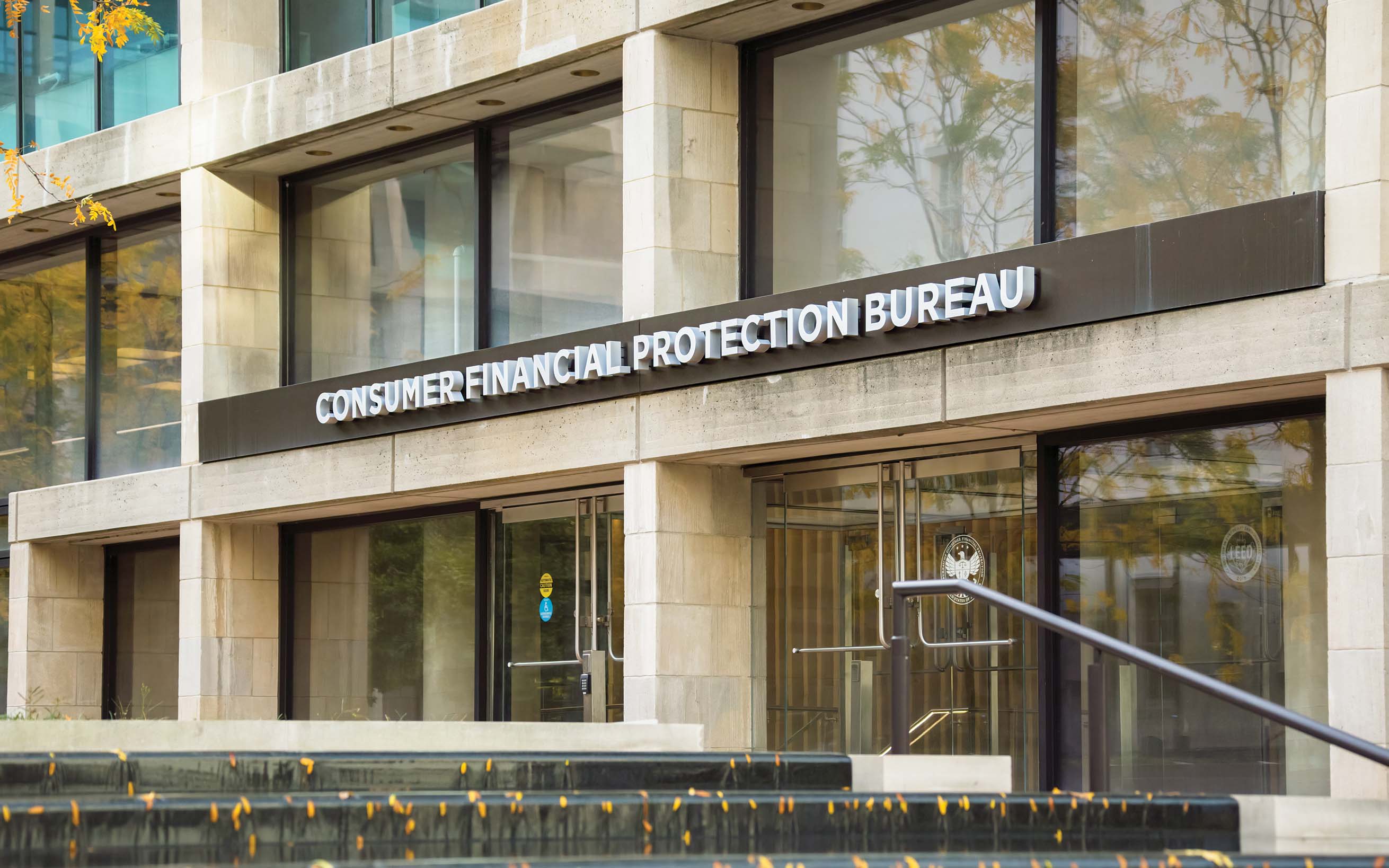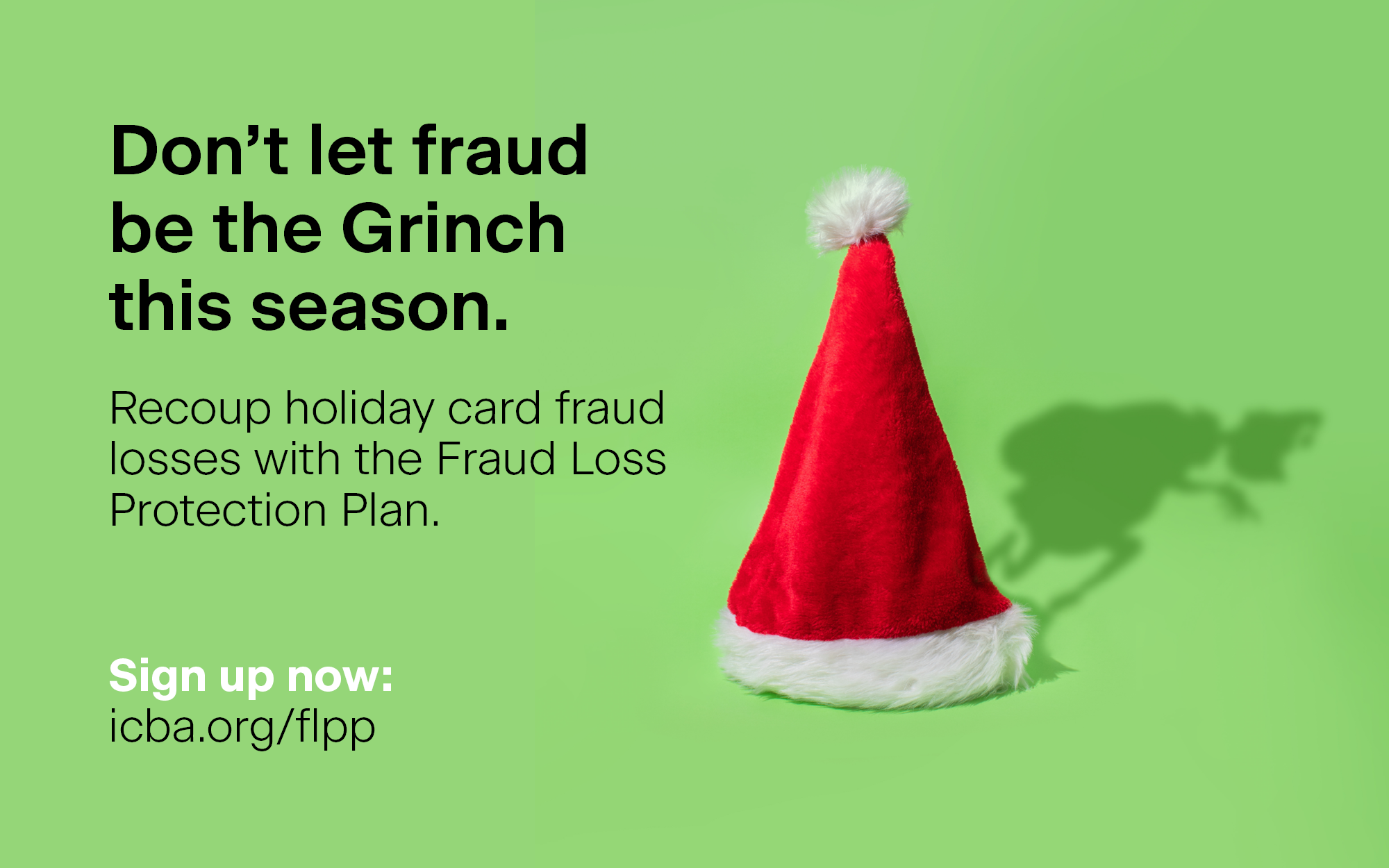Scott Anchin: A New Resource for Fighting Fraud
February 05, 2025 / By Scott Anchin
The rise in fraud has become one of the biggest concerns for community banks and their customers in recent years. Fraud has a serious bottom-line impact on banks, and it hits customers in a very personal way, all of which goes against the ethos of community banking.
Fortunately, community banks know their customers exceptionally well and are therefore uniquely positioned to help prevent and detect fraud on the front lines.
At ICBA, we understand the gravity of frauds and scams and their impact on customers. In this new column, we’ll be looking at ways to make this fight easier. We’ll be tackling issues including:
Debit card fraud
ATM fraud
Impersonation scams
AI-assisted fraud and scams
Cryptocurrency scams
Phishing, smishing and vishing (cyberattacks using social engineering, SMS messages and voice calls respectively)
We'll be giving you critically important, new information and resources, so that you can build protection for your customers and promote resilience within your communities.
Check fraud
This year, ICBA has addressed check fraud in some depth, and if you’ve missed our reports, you can visit our website at icba.org for some valuable resources. Start by downloading our guides:
Check Fraud: A Practical Guide to Altered, Forged, and Counterfeit Checks for Community Bankers
Check Fraud: Detection Mechanisms
Check Fraud: Engagement with Federal Bank Regulators
Other resources you can reference when building a check fraud strategy include:
The fraud subgroup on ICBA Community
Episode 25 of the Independent Banker podcast: "Why is Check Fraud Such a Problem Right Now?"
Lance Noggle's article on check fraud mitigation tips in the June 2024 issue of this magazine
The recording of ICBA's ThinkTECH Solutions Forum on fraud
Romance scams
It’s February, so use Valentine’s Day as an opportunity to educate your tellers and customers about the signs of romance scams. Romance scammers are adept at using information on dating websites or social media against their victims.
Remember these red flags:
Scammers will tell their victims they can't meet them in person.
They will ask their victims for money to cover medical bills or even flights to visit them.
They will ask them to pay in ways that are hard to reverse, such as gift cards.
As a community of banks, we are increasingly resilient against fraudsters, but we know you have concerns.
For more resources, visit ftc.gov/romancescams. You can also check out our own icba.org and navigate to Advocacy > Our Positions > Fraud and Scams. If there are any issues you’d like to hear more about, please drop me a line.
Subscribe now
Sign up for the Independent Banker newsletter to receive twice-monthly emails about new issues and must-read content you might have missed.
Sponsored Content
Featured Webinars
Join ICBA Community
Interested in discussing this and other topics? Network with and learn from your peers with the app designed for community bankers.
Subscribe Today
Sign up for Independent Banker eNews to receive twice-monthly emails that alert you when a new issue drops and highlight must-read content you might have missed.
News Watch Today

Join the Conversation with ICBA Community
ICBA Community is an online platform led by community bankers to foster connections, collaborations, and discussions on industry news, best practices, and regulations, while promoting networking, mentorship, and member feedback to guide future initiatives.













